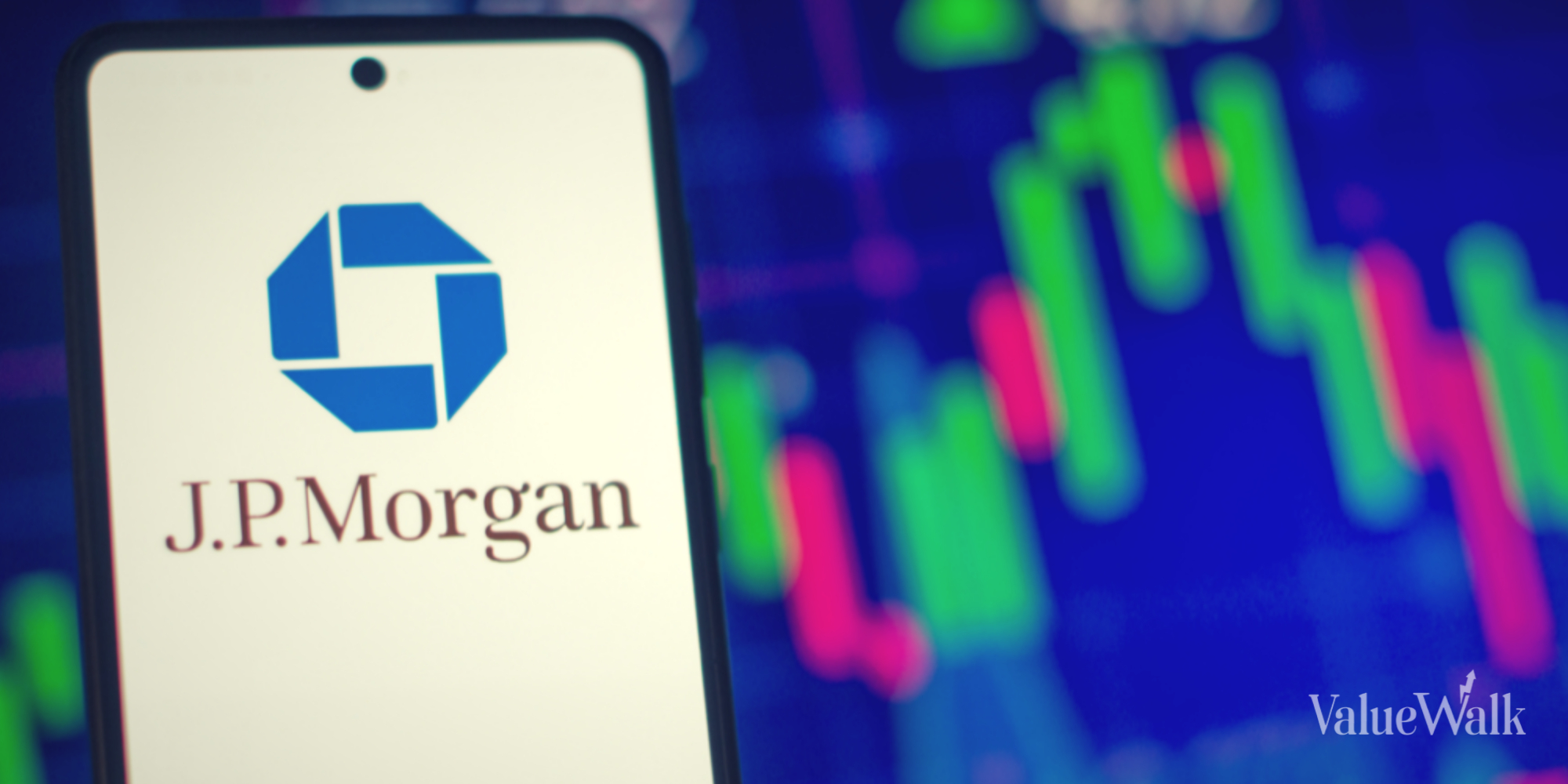Whitney Tilson in his email to investors discusses, hot-stock rally tests the patience of a choosy lot: value investors; Anson Investments: bucking the crowd; robots are coming, this time to rural WI; Martin Shkreli; poker; Bill Miller; Chickenshit Club; Cyprus conference; Bezos.
Also read:
- These Behavioral Biases Are Driving Investor Decisions
- Asset Management Fees Fall For The First Time Since 2008
- The Books You Most Likely Read About Investing Taught You Nothing About Investing
- Is Active Share The Holy Grail For Active Managers?
1) More evidence re. the tough time value investors are having right now, all over the world. Hot-Stock Rally Tests the Patience of a Choosy Lot: Value Investors. Excerpt:
Value investing is mired in one of its worst stretches on record, prompting concerns that the investment style favored by generations of fund managers is losing its effectiveness.
…Stocks that look cheap relative to traditional fundamental metrics such as profit or cash flow have fallen so far out of favor that Goldman Sachs in June questioned whether the markets are witnessing the death of value investing. With value investments in Europe and Asia also struggling, value funds globally are on track to post their worst performance this year relative to growth funds since before the financial crisis.
…Investors have pulled $116 billion from U.S. large-cap value funds over the past 10 years, according to Morningstar, with more than one-fourth of that outflow occurring over the past 12 months.
…Value fund managers have felt the pinch. The median value fund around the world lagged behind the median growth fund by 7 percentage points in the first half of the year, on pace for the worst underperformance since 2007, according to eVestment. The data and analytics firm measured actively managed value and growth funds in the U.S., Europe and Asia—which collectively have $8.8 trillion in assets under management—and found that so far this year value funds have lagged behind growth in all three regions for the first time since 2010.
2) Short sellers are also getting hammered, so it’s nice to see one guy bucking the trend: Anson Investments: Bucking the Crowd. Excerpt:
Moez Kassam got his start shorting stocks back in 1999, while studying for a degree in political science at the University of Western Ontario. He borrowed the Canadian equivalent of about $6,700 from a Russian classmate who had spirited his family’s savings out of his volatile homeland. Kassam’s timing was excellent: He sold short stocks like Pets.com and Mamma.com just prior to 2000’s dot-com crash. His winnings covered his tuition and repaid the 4% loan from his friend.
3) A very interesting story: The robots are coming, this time to rural Wisconsin. Excerpt:
In factory after American factory, the surrender of the industrial age to the age of automation continues at a record pace. The transformation is decades along, its primary reasons well-established: a search for cost-cutting and efficiency.
But as one factory in Wisconsin is showing, the forces driving automation can evolve — for reasons having to do with the condition of the American workforce. The robots were coming in not to replace humans, and not just as a way to modernize, but also because reliable humans had become so hard to find. It was part of a labor shortage spreading across America, one that economists said is stemming from so many things at once. A low unemployment rate. The retirement of baby boomers. A younger generation that doesn’t want factory jobs. And, more and more, a workforce in declining health: because of alcohol, because of despair and depression, because of a spike in the use of opioids and other drugs.
In earlier decades, companies would have responded to such a shortage by either giving up on expansion hopes or boosting wages until they filled their positions. But now, they had another option. Robots had become more affordable. No longer did machines require six-figure investments; they could be purchased for $30,000, or even leased at an hourly rate. As a result, a new generation of robots was winding up on the floors of small- and medium-size companies that had previously depended only on the workers who lived just beyond their doors. Companies now could pick between two versions of the American worker — humans and robots. And at Tenere Inc., where 132 jobs were unfilled on the week the robots arrived, the balance was beginning to shift.
4) What a scam! Wall Street Profits by Putting Investors in the Slow Lane. Excerpt:
Wall Street has developed a new way, clouded in obscurity, to fleece the hundreds of millions of Americans who have money invested in company pension plans, mutual funds and insurance policies.
Institutional brokers are legally obliged to execute trades on the exchange that offers the most favorable terms for their clients, including the best price and likelihood of executing the trade. The 12 exchanges, most of which are owned by New York Stock Exchange, Nasdaq and Better Alternative Trade System (BATS), along with the Chicago Stock Exchange and the Investors Exchange (IEX), are supposed to compete to offer the best opportunities.
But that’s not what is happening. Instead, brokers routinely take kickbacks, euphemistically referred to as “rebates,” for routing orders to a particular exchange. As a result, the brokers produce worse outcomes for their institutional investor clients — and therefore, for individual pension beneficiaries, mutual fund investors and insurance policy holders — and ill-gotten gains for the brokers.
Although the harm suffered on each trade is minuscule — fractions of a cent per share — the aggregate kickbacks amount to billions of dollars a year. The diffuse harm to individuals and the concentrated benefit to Wall Street create yet another way in which the system is rigged, justifiably eroding public confidence in the fairness of the financial system.
5) This is a crazy story! Can you imagine the poor guys with the same name as the most hated man in America??? In 'Pharma bro' Martin Shkreli's courtroom, another defendant named Martin Shkreli makes an appearance. Excerpt:
A man with the same name as the notorious "Pharma bro" Shkreli was arraigned in the same courthouse, in the same courtroom, with the exact same judge on different criminal charges as those facing Shkreli on Friday.
And here’s where the story gets even crazier: five years ago, I co-hosted a charity poker tournament at which Martin Shkreli (the notorious one) bought a $10,000 table and, by all accounts, had a great evening with nine of his friends.
But when our Executive Director tried to collect from him, he didn’t reply to her numerous calls, emails and letters over many months, so she asked me to try.
I looked up “Martin Shkreli” on Bloomberg and called the number I found. When the guy answered, I told him who I was and that he’d better pay us the $10,000 or else I was going to go public with a story headlined “Forbes 30 Under 30 Winner Stiffs Charity”.
He said: “I don’t know what you’re talking about. You must have the wrong person.”
To which I asked incredulously: “Are you trying to get me to believe that there’s another Martin Shkreli?!”
He replied: “Yes. It’s actually a fairly common Albanian name.”
It turns out he was telling the truth, so I apologized!
I wonder if it’s the same guy who was arraigned today???
PS—I eventually found the email address for the right Martin Shkreli and within an hour of receiving my very nasty email, he paid!
6) I’m still co-chairing that same tournament, which took place on July 26th. Here’s a nice article about it: Hedge Funders Lose at Charity Poker to Morgan Stanley Newbie. Excerpt:
Mike Sawyer, a Morgan Stanley managing director in wealth management, scooped up the chips and won the eighth annual Take ‘Em to School Charity Poker Tournament.
As his prize, Sawyer selected dinner for eight at Rao’s after taking down his last opponent with three jacks around 1 a.m. Thursday at New York’s Gotham Hall. He said he’d last played in his teens and had prepared for this contest by looking up the rules on the internet.
Those he beat at the tournament, presented by the World Poker Tour Foundation and benefiting Education Reform Now, included former New York Knicks Charles Oakley, John Starks and Allan Houston; “Billions” co-creator Brian Koppelman, who also wrote the poker movie “Rounders;” and professional poker players Erik Seidel, Vanessa Selbst and Andy Frankenberger.
I had a great time both playing poker and seeing many friends, including David Einhorn:
7) I’m glad to hear Bill Miller is doing well. He spoke at one of the early Value Investing Congresses and we interviewed him for one of the early issues of Value Investor Insight – he’s a really nice, good guy. I still remember vividly him pounding the table at what an incredible company Google was and how cheap the stock was right after it went public. I should have listened! The Unreformed Stock Picker: Without A Boss Bill Miller Is Betting On Amazon, Bitcoin And Bob Dylan. Excerpt:
Longtime colleague Robert Hagstrom, now manager of the EquityCompass Global Leaders Portfolio, says Miller's curiosity served him well at the dawn of the PC and internet age, when traditional measures didn't capture the potential of companies like Dell, one of his best picks. "He was looking at the world differently than your traditional money manager."
Indeed, Miller still has a keen eye for change. In 2014, he put 1% of his net worth into Bitcoin, judging that the digital currency's potential for large-scale economic disruption (see Forbes' cover story on the coin revolution) outweighed the risk of a total loss. He's up nearly tenfold, and Bitcoin is now a top holding of his hedge fund.
As for his Opportunity fund, its second-largest position is in Apple AAPL +0.37% call options, purchased before the stock started rising this year, and it has a large Amazon stake. "Warren Buffett has said Jeff Bezos is the best businessperson he ever met but he missed Amazon [as an investment]. Well, he hasn't missed it," Miller says. He expects Amazon's market cap to rise five- or sixfold within a decade.
8) I really enjoyed Jesse Eisinger’s new book, The Chickenshit Club: Why the Justice Department Fails to Prosecute Executives. Summary:
From Pulitzer Prize-winning journalist Jesse Eisinger, a blistering account of corporate greed and impunity and the reckless, often anemic response from the Department of Justice.
Why were no bankers put in prison after the financial crisis of 2008? Why do CEOs seem to commit wrongdoing with impunity? The problem goes beyond banks deemed "too big to fail" to almost every large corporation in America - to pharmaceutical companies and auto manufacturers and beyond.
The Chickenshit Club - an inside reference to prosecutors too scared of failure and too daunted by legal impediments to do their jobs - explains why. A character-driven narrative, the book tells the story from inside the Department of Justice. The complex and richly reported story spans the last decade and a half of prosecutorial fiascos, corporate lobbying, trial losses, and culture shifts that have stripped the government of the will and ability to prosecute top corporate executives.
The book begins in the 1970s, when the government pioneered the notion that top corporate executives, not just seedy crooks, could commit heinous crimes and go to prison. The book travels to trading desks on Wall Street, to corporate boardrooms and the offices of prosecutors and FBI agents. These revealing looks provide context for the evolution of the Justice Department's approach to pursuing corporate criminals through the early 2000s and into the Justice Department of today.
Exposing one of the most important scandals of our time, The Chickenshit Club provides a clear, detailed explanation as to how our Justice Department has come to avoid, bungle, and mismanage the fight to bring these alleged criminals to justice.
9) My friend Sophocles Sophocleous is hosting a value investing conference in Cyprus on Oct. 2-3:
VALUE INVESTORS' EVENT 2017
Last year, German based Tim du Toit and I organized a Value Investors' Event similar to Guy Spier's ValueX, Vitaliy Katsenelson's Vail & Tilson's Trani event (but much smaller). The private event was attended by 30 value investors and 18 ideas were presented. The average return of the long ideas was over 30%. Several investors from last year are returning this year as well.
You can see info on last year’s CFA Society supported event here: http://fatalpha.com/value-investor-seminar-2016/
A video of Bob Robotti speaking at the event last year can be found here: https://vimeo.com/185608812
The event will take place on October 2-3 in Nicosia, Cyprus. The event is organized at cost (Eur 200). We are not interested in making money but putting together a gathering where investors meet, discuss ideas and the market and leave with a sense of fulfilment. The fee is to cover the cost of the venue, 2 business lunches and 1 dinner. Special hotel rates starting from Eur 85 are available. Investors who want to stay at the hotel must make their own arrangements. See the following link for event summary and hotel info:
http://fatalpha.com/value-investor-seminar-2017/
Many participants combine the event with a holiday as the weather and water is fantastic at that time of year.
Currently signed up fund managers come from the USA, Canada, UK, Germany, France, Switzerland, Cyprus and Greece.
Please feel free to contact me with any questions or to register for the event. My contact e-mail is [email protected]
Please note that we are limiting participation to 40 persons.
Also, if you would like to read a copy of my latest newsletter then use this link: June 2017
10) Funny!







